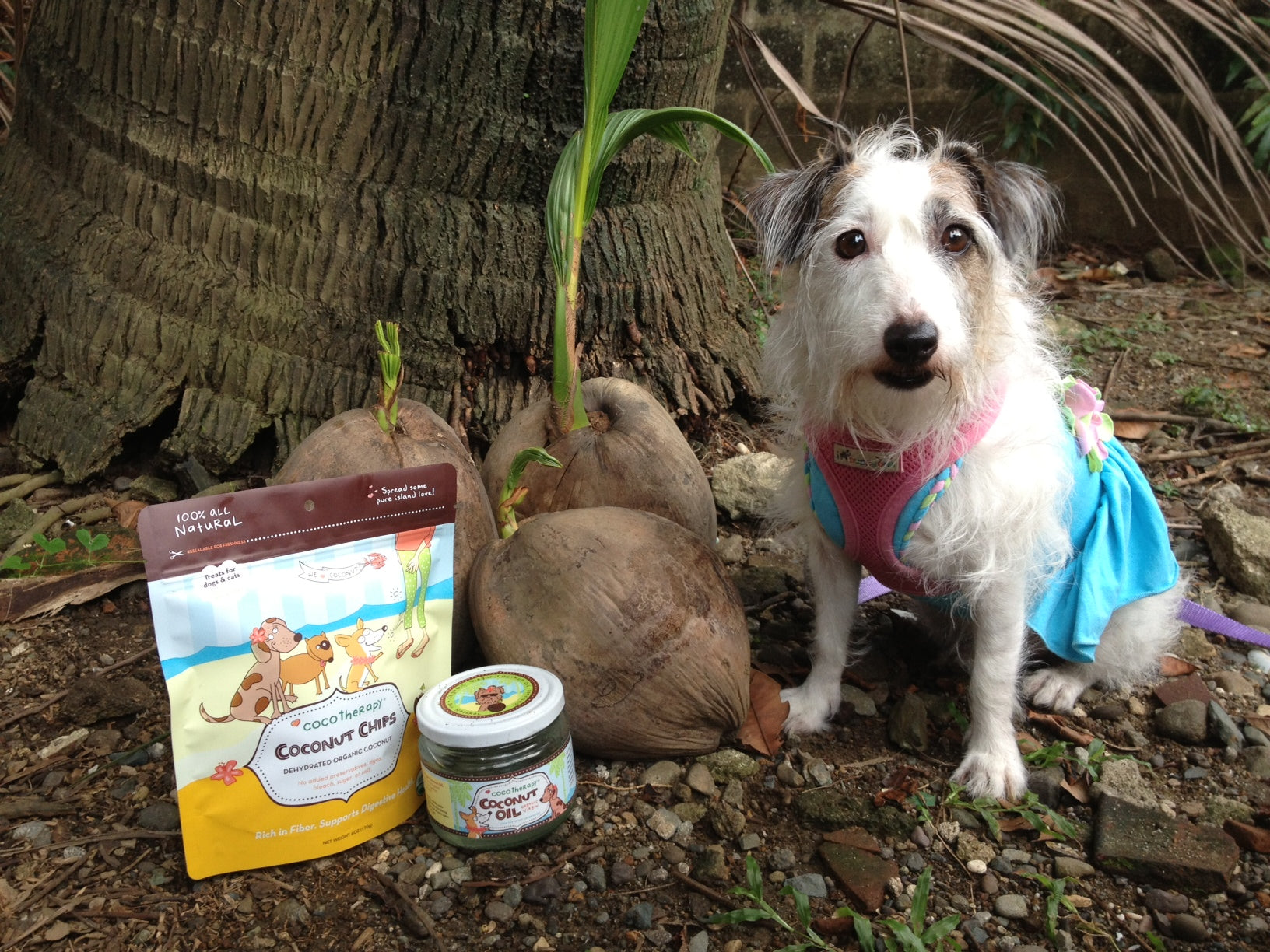There are lots of products out there that promise to eliminate germs and keep your home cleaner, fresher, and safer. These include commercial disinfectants and hand sanitizers that have become increasingly popular during the pandemic.
But many people don't realize just how dangerous these products can be for our pets. In this blog post, we'll discuss the ingredients in commercial disinfectants and hand sanitizers that are harmful to animals. We'll also highlight some natural alternatives that are safe for use around pets.

What Are Commercial Disinfectants and Hand Sanitizers Made Of?
In an effort to prevent the spread of the COVID-19 virus, many of us have been using commercial disinfectants and hand sanitizers more than ever before. Whether you want to sanitize your hands, disinfect your home, or eliminate germs in pet areas, it's easy to find products that claim they'll do the job.
But what are the commercial disinfectants and hand sanitizers that are so popular actually made of? And could these ingredients be damaging the health of our pets? The truth is, commercial disinfectants and hand sanitizers contain chemicals that can cause serious harm or even death in animals. Let's take a look at a few of the most harmful ingredients.
Ethanol & Methanol
Ethanol (ethyl alcohol) and methanol (methyl alcohol) are two types of alcohol that are commonly found in disinfectants and hand sanitizers. They are effective at killing germs, but they can also be extremely harmful to animals. Ingestion of ethanol or methanol can cause liver damage, blindness, and even death in pets. Alcohol-based hand sanitizers and disinfectants should never be used around cats, dogs, or other pets.
Triclosan
Triclosan is a chemical compound that's used as an antimicrobial agent in many disinfectants and hand sanitizers. It's effective at killing bacteria, but it can also be harmful to animals. Triclosan has been linked to endocrine and hormonal disruption and developmental problems in pets. Recent studies have also shown that it can cause colon problems in pets. Although many major manufacturers are now phasing out triclosan, it's still found in some popular disinfectants and hand sanitizers, so make sure to always read labels.
Phenols
Phenols are a family of chemical compounds that are commonly found in disinfectants and hand sanitizers. When ingested, phenols can cause serious gastrointestinal issues in pets. These chemicals can also cause damage to your pet's skin if they come into contact with them. A study of phenol poisoning in three dogs found that all of them developed severe oral and gastric ulceration. So, it's vital to keep pets away from disinfectants and hand sanitizers that contain phenols.
Bleach
Bleach is a caustic chemical that's used to clean and sanitize surfaces. It's corrosive, toxic, and very harmful for pets. Ingestion of even a small amount of bleach can lead to severe stomach damage and may even be fatal. Bleach should never come into contact with your pet's skin or fur as even brief exposure can result in chemical burns.
Other Chemicals That Can Be Harmful to Pets
There are a number of other chemicals found in disinfectants and hand sanitizers that can be harmful to pets. That's why it's important to do your research and always read the labels of products before using them around your pets. This article from the ASPCA is an excellent resource that lists many of the chemicals in cleaning products that can be harmful to animals.
Aside from the dangerous symptoms associated with ingestion and skin exposure, the chemicals in many commercial disinfectants and hand sanitizers can also cause problems when inhaled. What's more, prolonged exposure to these chemicals can increase susceptibility to resistant infections (superbugs) and weaken your pet's natural skin microbiome, leading to a variety of skin problems and other health issues.
Natural Alternatives to Commercial Disinfectants and Hand Sanitizers
If you're looking for a safe and effective alternative to commercial disinfectants and hand sanitizers, there are several natural options available. These products use natural ingredients that won't harm your furry friends. Here are a few of our favorites:
Vinegar
Vinegar is a great all-natural disinfectant that can be used to clean floors, counters, and other surfaces. It's also effective at killing bacteria and germs. To make an all-purpose cleaner, simply mix a cup of vinegar with a gallon of water. You can then pour the solution into a spray bottle and use it to clean surfaces around your home.
Baking Soda
Baking soda is a natural deodorizer and cleanser that's super easy to use. The American Kennel Club (AKC) recommends using it as a scrubbing agent to clean sinks and countertops. It can also be mixed with vinegar to create a powerful cleaner that will cut through stubborn grease and grime.
Virgin Coconut Oil
Virgin coconut oil (VCO) is a powerful antiviral, antibacterial, antifungal, and antimicrobial agent that has been used in tropical regions of the world for centuries to treat infections and illnesses. Recent research has even shown that VCO could prove effective against the influenza and SARS-CoV-2 viruses.
Using Virgin Coconut Oil is a great way to keep your hands clean and moisturized. We suggest washing your hands well with soap and warm water, then while your skin is still damp, apply a generous amount of VCO on your hands to moisturize and provide a barrier of protection. Try our new, convenient Virgin Coconut Oil Portable Packets, which you can bring along with you too!
Check out our previous post, The Proven Antiviral Properties of Coconut Oil, to find out more about how VCO can protect your family from viruses, bacteria, and other pathogens. We've even included a recipe to make your own hand sanitizer using CocoTherapy TriPlex MCT-3 Oil!
Final Words
When it comes to disinfectants and hand sanitizers, it's always best to err on the side of caution. Many of these products contain harmful chemicals that can be dangerous for pets. If you must use hand sanitizers that contain alcohol, we suggest that you allow the product to completely dry on your hands before petting your fur-kids. If you can, rinse your hands quickly with plain, warm water after using hand sanitizer. Then rub your hands with Virgin Coconut Oil to keep your hands protected and moisturized.
If you're looking for safe and natural alternatives to commercial hand sanitizers and disinfectants, there are several options available as well. Vinegar, baking soda, and virgin coconut oil are all great choices that you can use to clean and disinfect the surfaces of your home.
Remember, your dog or cat is naturally equipped to fight germs and harmful microbes they encounter in everyday life. So, avoid over-disinfecting their skin and use natural alternatives like CocoTherapy Organic Virgin Coconut Oil instead! It's also important to support your pet's immune system by feeding them a balanced diet that's rich in nutrients and antioxidants.
For more information about feeding your pet a nutritious diet that will support their overall health, check out our previous blog post.



